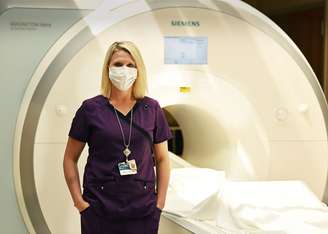Lung cancer is the second most common cancer in men and women and makes up for the most cancer-related deaths.
 Here’s what you can do to lower your risk:
Here’s what you can do to lower your risk:
- Don’t smoke
- Nearly 9 out of 10 lung cancers are caused by smoking cigarettes. Choosing not to smoke is one of the most important lifestyle choices you can make to prevent lung cancer.
- Steer clear of secondhand smoke
- Secondhand smoke can cause lung cancer in nonsmokers, and individuals exposed to secondhand smoke are 20-30 percent more likely to get lung cancer.
- Test your home for radon
- Radon is an odorless, tasteless, invisible gas that naturally occurs in soil and rocks. It is believed to be the second leading cause of lung cancer in the United States. Testing your home for radon can help you find out if your home has a radon problem and put your mind at ease
Riverside Healthcare offers lung cancer screenings to high-risk individuals.
Screening criteria
- 55-77 years old
- Asymptomatic
- Current OR former smoker (must have quit within the last 15 years)
- Smoking pack years of at least 30 years (packs smoked per day x number of years smoked)
- 1 pack per day for 30 years = 30 pack years
- 2 packs per day for 15 years = 15 pack years
To see if you qualify for a lung cancer screening call (815) 935-7531 or for more information click here.